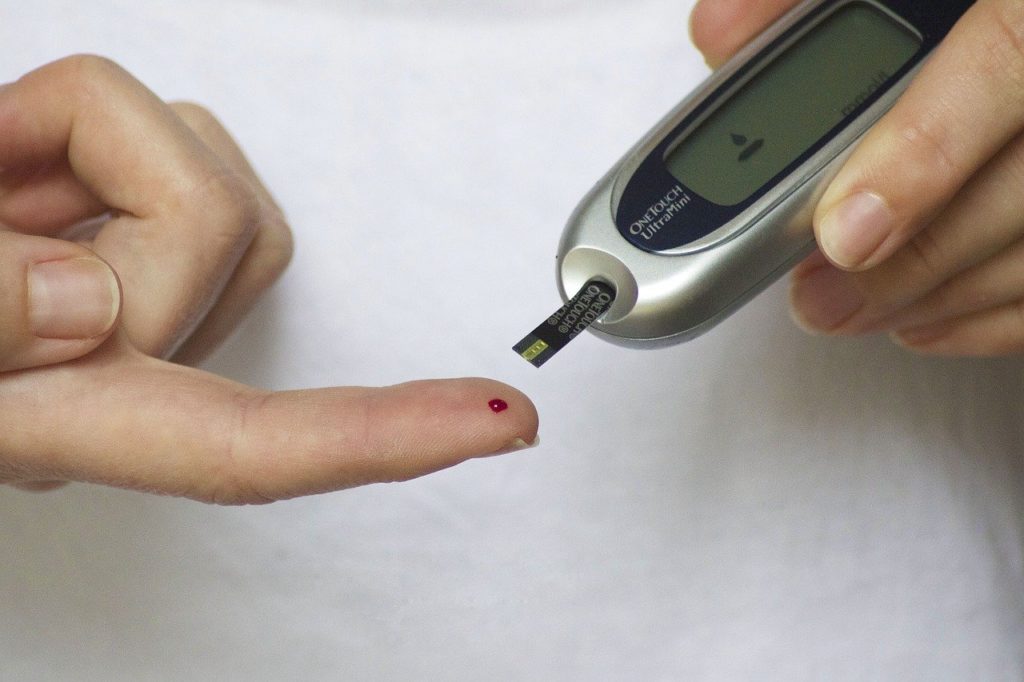Could the SARS-CoV-2 virus that causes Covid-19 also leave patients suffering a new form of diabetes? A growing number of medical scientists think it might.
Diabetes is normally divided into Type 1 – which the patient is born with – and Type 2, which typically comes along later in life and is closely linked to lifestyle.
Regardless of the type, diabetes is considered a co-morbidity in Covid-19, and Belgium is one of many countries where diabetics are high on the priority list for vaccination, along with people suffering from respiratory and cardiac complaints.
Diabetics are more likely to suffer serious complications if infected with the coronavirus, but now preliminary research suggests that the virus may be able to bring about a new form of diabetes in infected people who were never diabetic previously.
“In my own mind, there’s no doubt. Covid-19 is certainly a cause of new diabetes,” Paul Zimmet, professor of diabetes at Australia’s Monash University in Australia told The Guardian. “But we don’t yet fully understand — firstly, the magnitude and, secondly, which of the things that we’ve hypothesised are the major factors.”
Professor Francesco Rubino of King’s College London first became alerted to the issue during a Zoom chat with colleagues, all of whom had experienced cases of post-Covid diabetes. He is now calling for a mass collection of data to give a picture of the extent of the problem, leading to research into the mechanism – how exactly does the virus go about causing this new type of diabetes?
“Over the last few months, we’ve seen more cases of patients that had either developed diabetes during the Covid-19 experience, or shortly after that. We are now starting to think the link is probably true – there is an ability of the virus to cause a malfunctioning of sugar metabolism,” he said.
The creation of a database is essential to discovering if there is a biological link, and what it is.
“We said it’s worth embarking on an investigation because this – especially given the size of the pandemic – could be a significant problem.”
So far, studies have turned up numbers of cases of new-onset diabetes ranging from 2.35% from a study in China to 4.9% from a study in England. One problem, however, is distinguishing between patients who were never diabetic before, and those who may have already been suffering from Type 2 diabetes without knowing it.
Alan Hope
The Brussels Times

